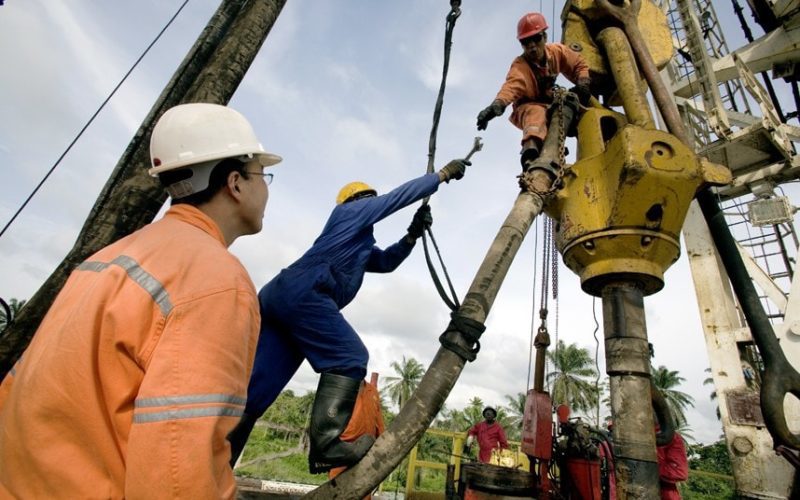Amidst the ongoing pandemic crisis, the oil majors are racking up debt and selling off assets, in moves that aim to project stability but instead reveal the industry’s increasing fragility.

A new brief released on Thursday, July 9, 2020 by the Centre for International Environmental Law (CIEL) highlights the latest signals that the oil and gas industry is reaching its end game and is not a sound investment for private funds or taxpayer resources.
Pandemic Crisis, Systemic Decline: Additional Warnings Against Investing in Oil & Gas, Debt-Driven Dividends and Asset Fire Sales examines oil and gas companies’ deepening debt, dwindling dividends, and decreasing assets as further evidence of the industry’s collapse. It cautions that the petrochemical sector and plastics production, on which many oil and gas companies have staked their future growth, do not offer the industry a way out of its long-term decline.
“The game is up: Oil and gas companies can no longer mask their financial frailty,” says Nikki Reisch, Director of CIEL’s Climate & Energy Programme and co-author of the brief.
“Companies such as ExxonMobil and BP are racking up debt to maintain their payments to shareholders. At the same time, the oil majors are selling off and writing down their assets, reflecting a pressing need for cash flow today and growing skepticism about the value of fossil fuels tomorrow. The industry knows its future prospects are grim; so, too, should investors and policymakers,” adds Reisch.
“It’s past time to recognise this industry is beyond recovery,” says Steven Feit, Senior Attorney at CIEL and co-author of the brief.
“The writing has been on the wall for a long time now, and the pandemic has made the signs that much more stark – investors should stay away from fossil fuel companies and policymakers must stop bailing them out. To continue to throw money at an industry that is not only causing environmental destruction but also facing economic decline is as imprudent as it is indefensible.”
